Comments: A spoken word or two – Where does ‘Performance’ Poetry stand?

There was a psychic moment in a reading once, when I heard someone thinking in a condescending tone, “Well that’s poetry too”. Their expression was all too transparent for my comfort. I imagine my poet posture had appeared during a sprawling appreciation of an organised ‘Published Poet’ reading, and I was transformed into a vividly present symbol of spoken word poetry, as distinct from the written. I was actually being stereotyped from my posture by the somewhat all too common Literati Elitist of poetic classism.
As if the spoken word were resident below fighting mindlessly somewhere in a hell realm, Dante’s ninth maybe, praying to Cuchullain and Tailtiu, Macha and Amergin whilst from above the glass floor peered the epitome of poetic integrity and purpose.
The difference is in the mind. Spoken Word performance Poet in the left corner, Written Word published Poet in the right. Then as they engage they both speak at the same time, failing to make any contact, and their words fuse into a poet thrice the size of either. The Written Spoken Word Published Performance poet emerges (with a bit of filmmaking perhaps or music on the side). The spectators run for the fire exits. The referee cowers beneath the judges’ table.
As Todd Swift (see link below) points out, being more or less of one or the other are just two aspects of any poet’s journey. So are we to commercialise mp3 poetry in order to get funding for the almost exclusively Spoken word poet? To get him or her the right dose of recognition? I think not. Most of the payment is in the giving of the poetry, in the engagement, in the fire of poetry … and what fire needs no fuel? Perhaps the spoken form is too fine to be appreciated enough.
The need to be published in order to get funding is akin to having to have a degree to speak English. At least more universities are accepting life experience in lieu of certain course credits for mature students … maybe this way of thinking will catch on more. Make paper transparent? Many of our praise poets, political poets, 21st century seanchaithe, satirists work almost entirely with writing for the Spoken Word. And is it Art? Expensive in it’s creation, profound in its influence, some just do it better with their mouths than with their literature.
When nepotism climbs into any of the Arts bodies we know what happens to the foundations. Three cheers for the impartial Arts Funders. Fair funding bodies encourage a fair society. How pc of me you may think. But i am PC – Poetically Confussed. And I plan to stay that way. What I love most about MCing is the diversity in Poetry; Form, Style, Content, Passion, Truth, Finesse, Engagement. The unique vision within every voice. Discrimination is only a ‘word’ after all … Calliope, I’ll have a good medium to rare one-hour reading, followed by an epic, a drop of unplugged ceol followed by a story, a good open-mic session and a dash of Slam for dessert.
More articles on the state of the Spoken Word today:
Maureen Gallagher’s article:
Is Slam Poetry the last resort of the failed comedian? … here
(with reference to the Todd Swift interview by Kevin Higgins … here)
Todd Swift’s response to Maureen Gallagher:
HOW I LEARNED TO STOP WORRYING AND LOVE THE SLAM … here
Trish Casey’s article:
Slam On – Performance Poetry In Ireland … here
Desmond Swords’ response to Trish Casey … here
Kevin Higgins’ article:
HELPING IRISH POETRY BREAK OUT OF THE VICTORIAN AGE … here
James J McAuley’s response to Kevin Higgins … here
Miceál Kearney’s response to James J McAuley is in the comments section herein.
by pc
2 Responses to “Poetry or Poetry?”
RSS feed for comments on this post. TrackBack URI
You must be logged in to post a comment.

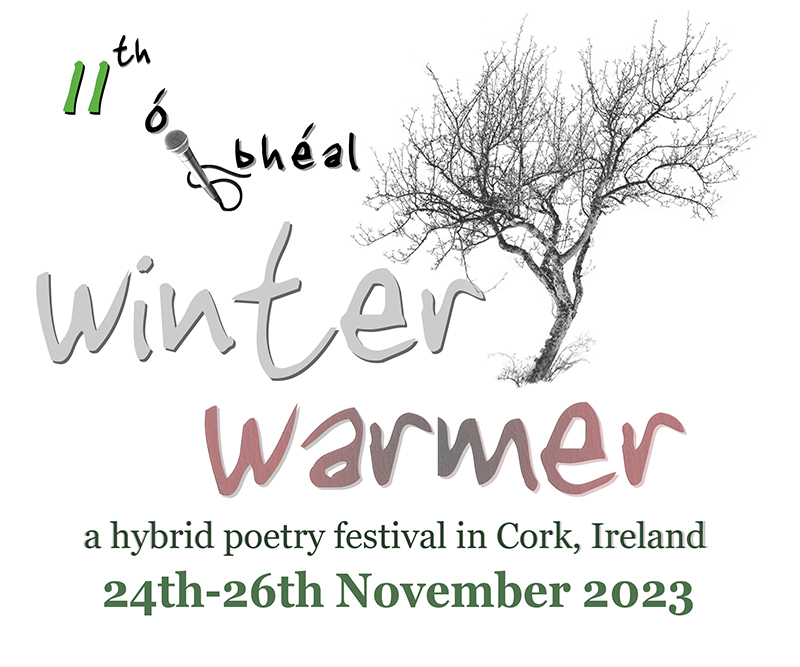


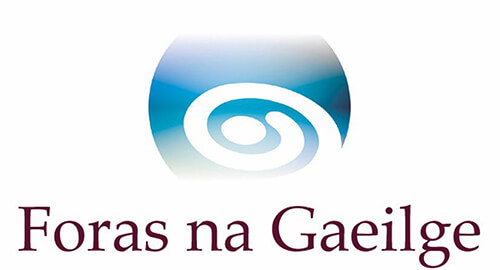
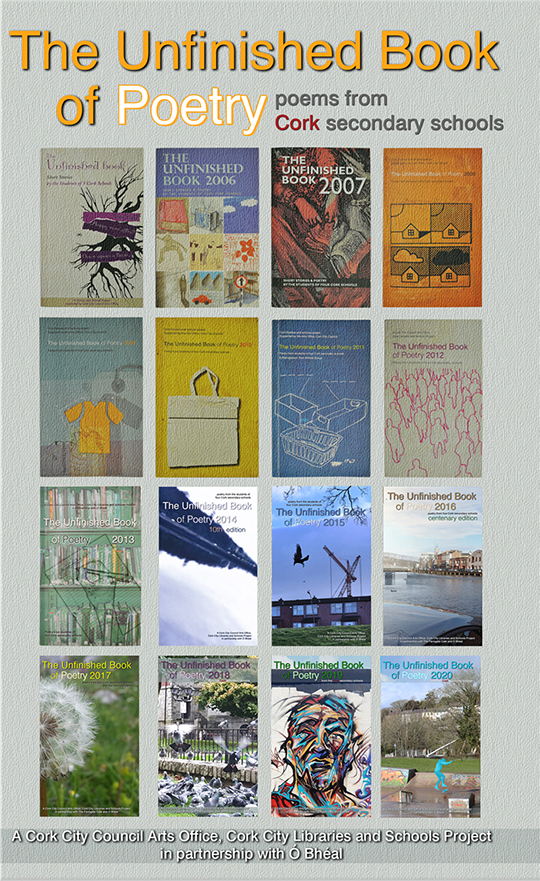



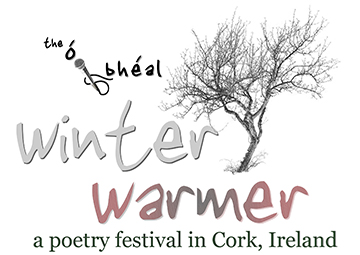
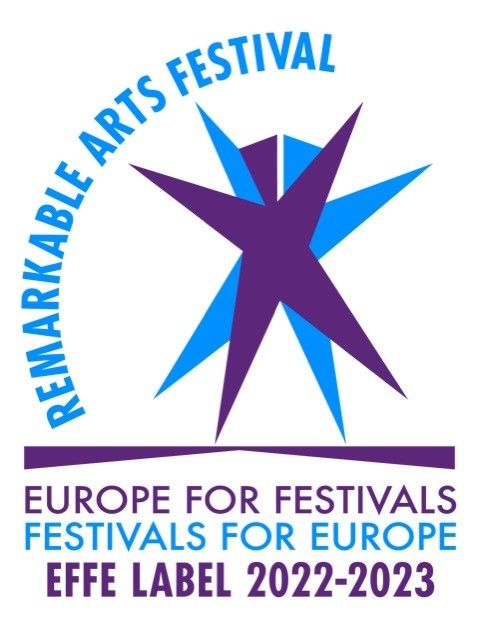
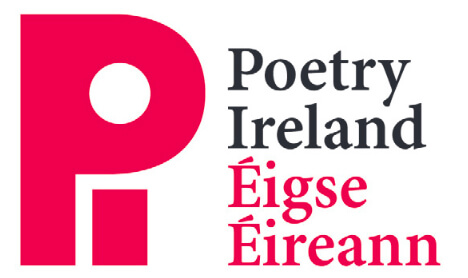

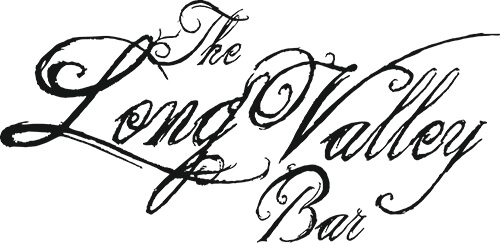
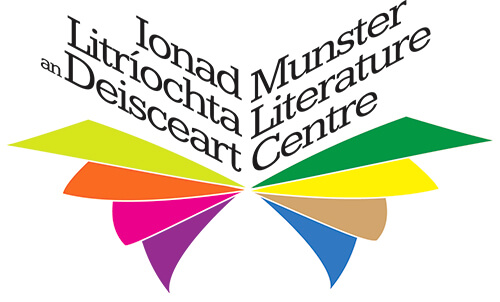
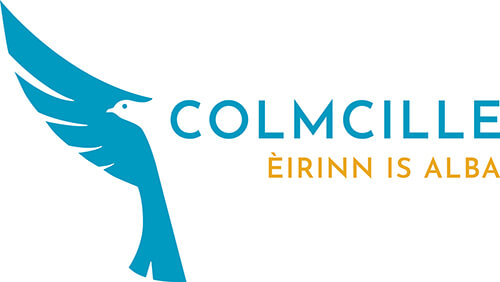

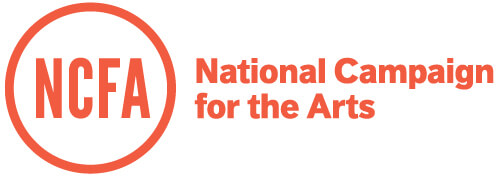
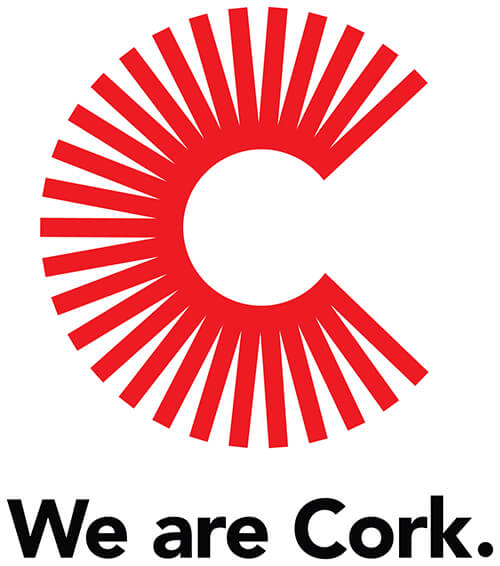
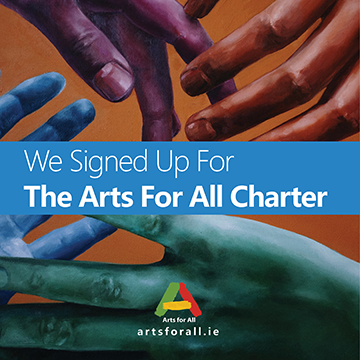
Only coming across this now – but hear, hear!
08/7/07; 10:49 pm
written in response to James J McAuley article on “Shlams”
The silent I in poetry by Miceál Kearney
‘Now, it is my turn to speak.’- William Shakespeare.
Poetry ‘shlams’, as James J. McAuley likes to call them, are not transient slapdash come-all-ye recitals. If Mr McAuley had ever attended one of the many poetry slams that are held regularly in Galway city, he would know this.
A poetry slam is, in my experience, just another way of getting your poems out into the world. There is no definitive template for a poem; there couldn’t be. I, personally, do not differentiate between page poetry and slam poetry. Whether a poem is read at an elite gathering of like-minded heads or performed in a boozy tavern full of slack jaw yokels, it first has to be written. And that is why I am no different to Seamus Heaney or Visar Zhiti. All any poet can do is write their words.
At any given poetry slam you will hear a rich diversity of poems. From the laugh out loud, to the thought-provoking childhood memory. From, Anthony Daly, a young Galway poet, who writes beautiful strong poetry inspired by Greek mythology to Brendan Murphy, whose poem ‘Slum pottery’ brilliantly ridicules the sad, tired rants of the likes of Mr McAuley: ‘should worms be spooky, or should worms be red off a platter’?
The basic format of a slam is that poets stand up, bear their soul to all gathered, in pretty much the way they do at any poetry reading. As for the ‘trip to Mericay or the litre of Red Biddy’, how are the prizes for winning slams – from the big to the small – so different from the cheque received from a successful submission or competition winner? The poems used have to be under three minutes, no musical instruments and of course must be your own work, but it can vary from slam to ‘shlam’. Just as each magazine has its own particular submission guidelines. Generally, two to three poets go through to the second round, picked by complete strangers. It’s not fair- of course it’s not! Neither is some little editor in a fancy building on his swivel chair destroying your hopes. But that’s the curve. Or as I like to put it:
Stand up and slam, submit and wait,
you depend on others
for the final say.
At least with a slam you’ll know there and then,
after biting your nails, smoking 20 fags
shivering in the cold
’cause of the bloody ban.
It beats jerking off to Lana Turner
waiting for the postman to knock, knock
with ‘sorry not quite right’.
A slam is a just another opportunity to air a new poem, to ply your trade. You can gauge the response of the audience, just like you’d give a poem to someone for feedback.
Every poet has their own voice, so asking us to be quiet – well, sorry James, but for my last line I’ll quote Kahlil Gibran: ‘but who shall command the skylark not to sing’?
06/16/07; 7:20 pm